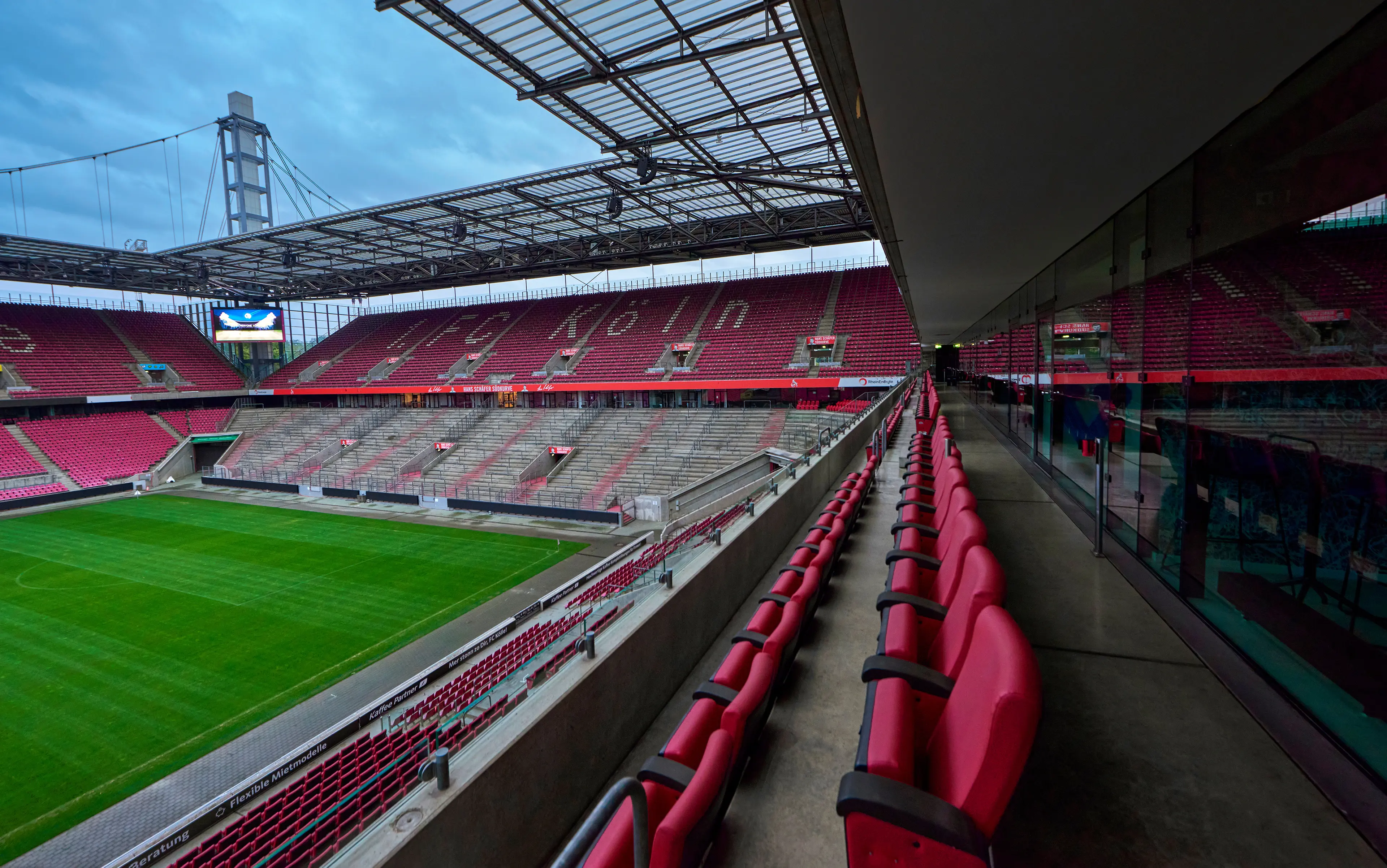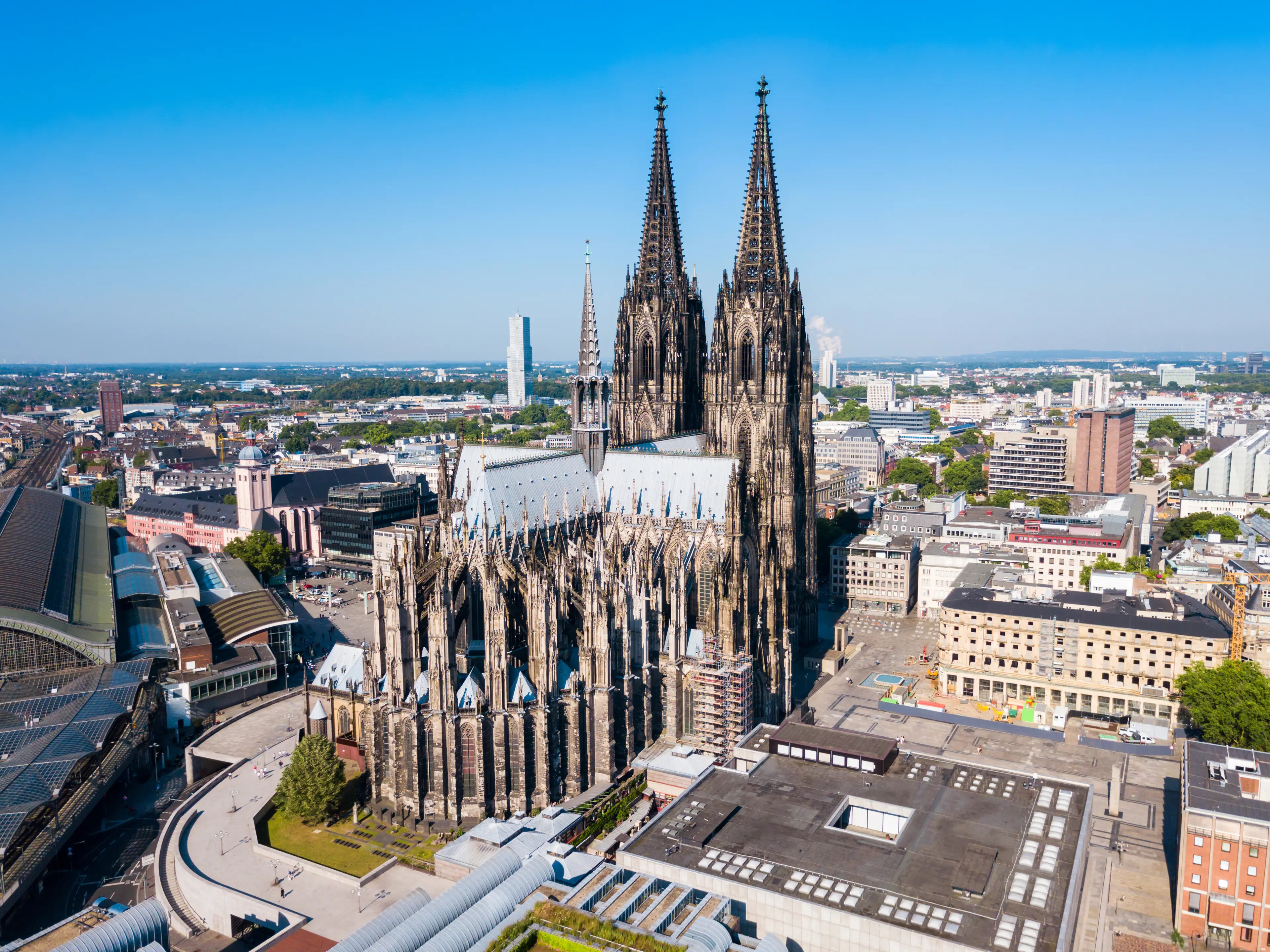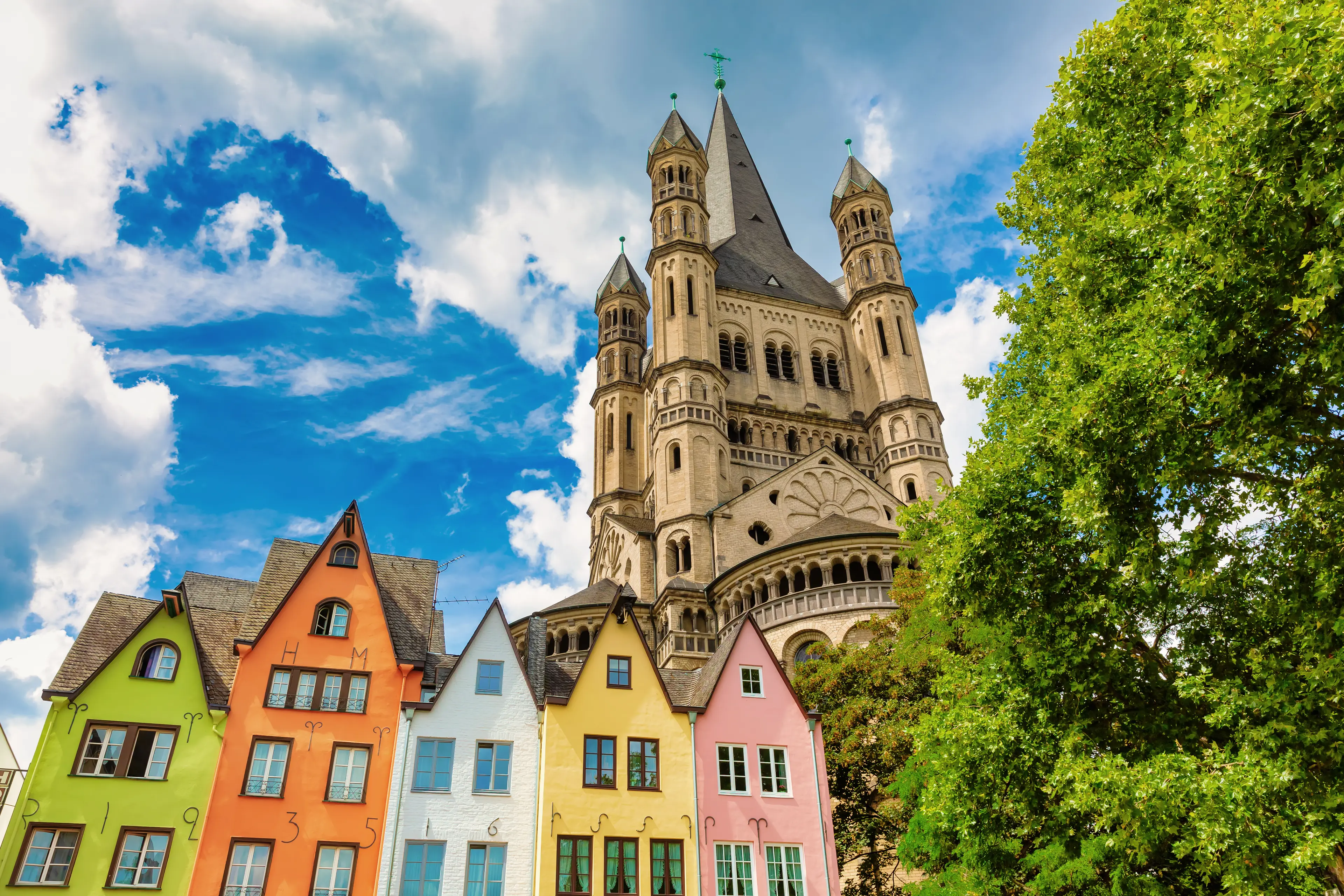4-Day Solo Retreat: Laid-back Shopping and Hidden Gems in Cologne
Cologne, Germany
4 days
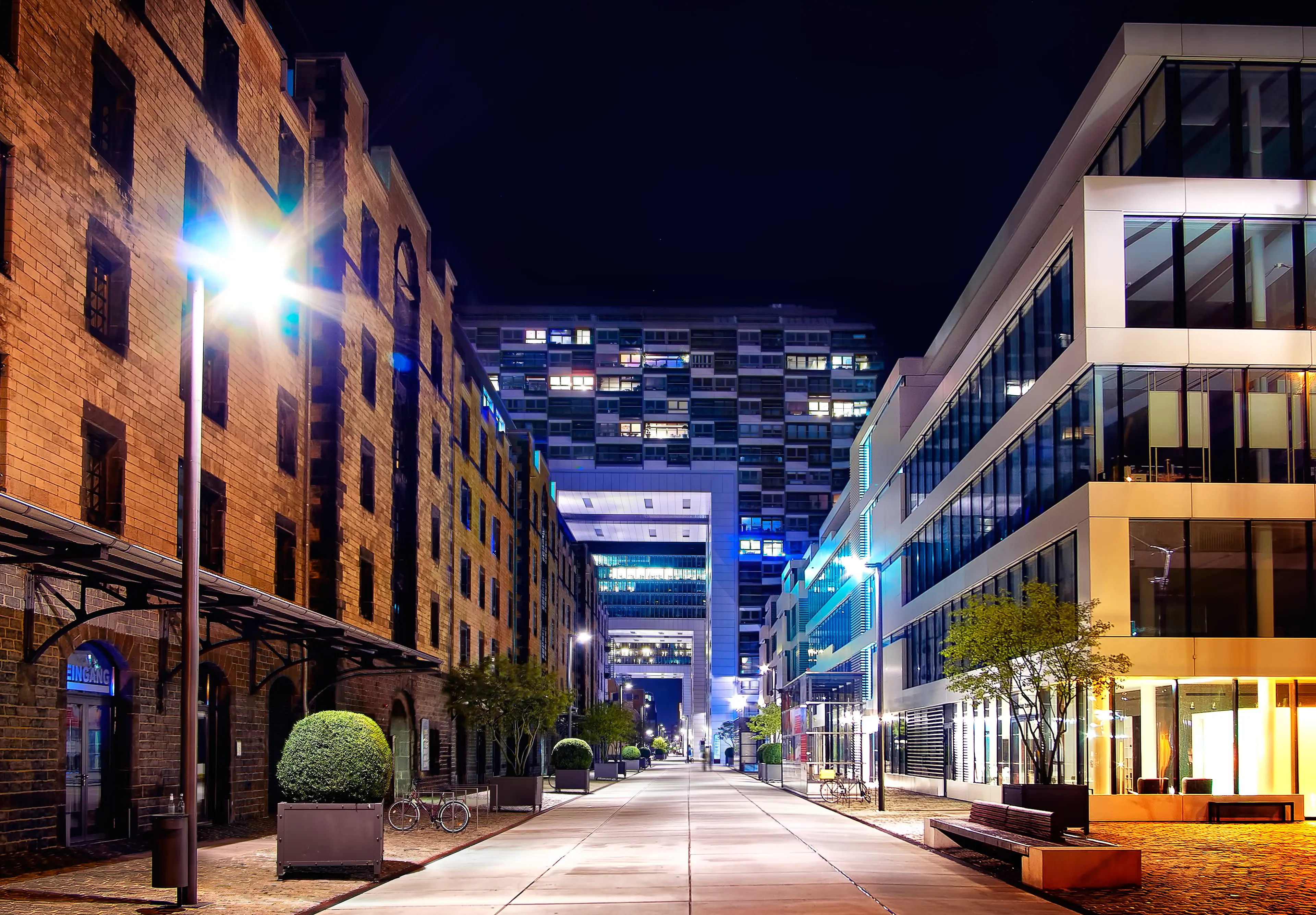
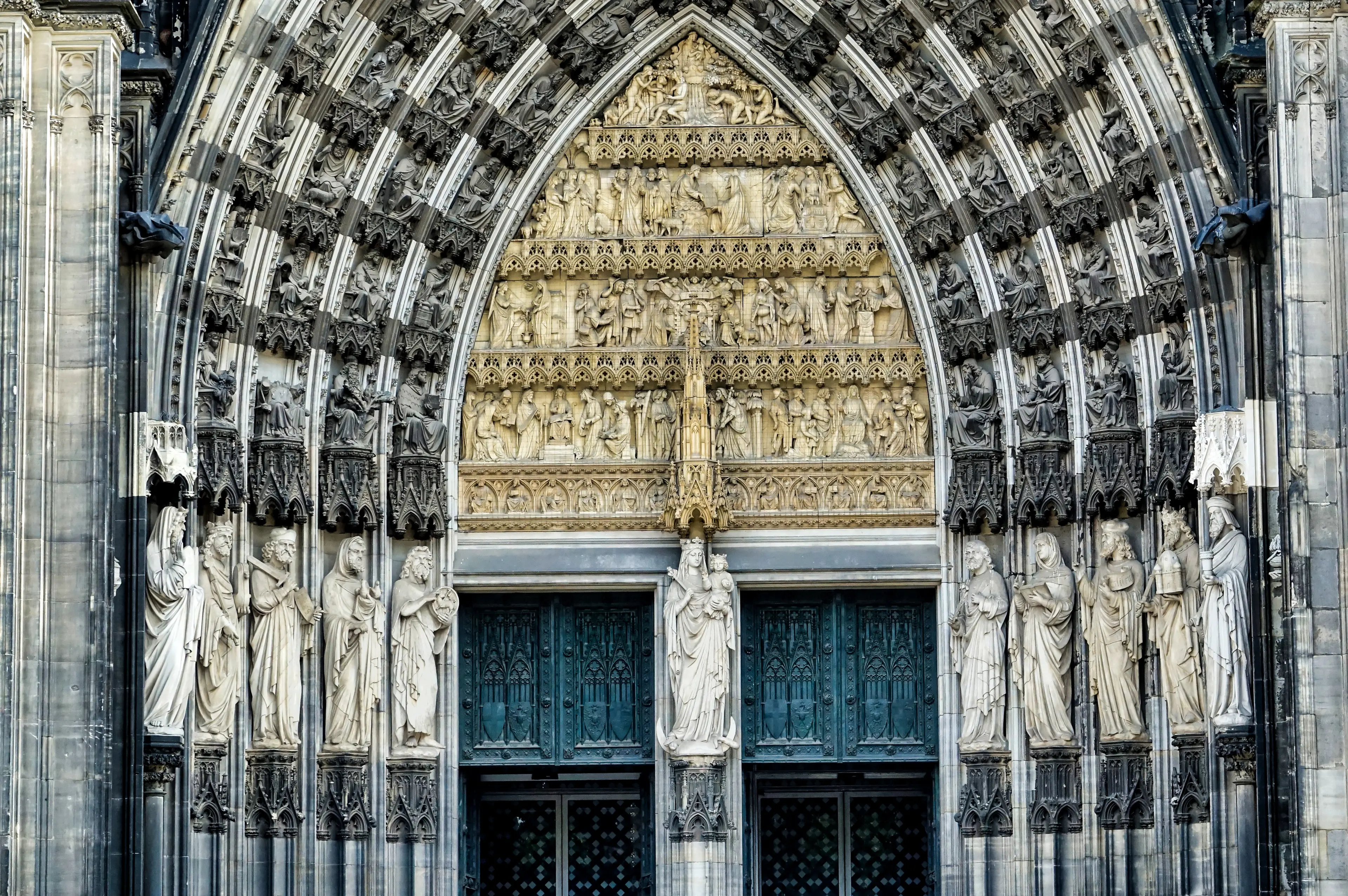
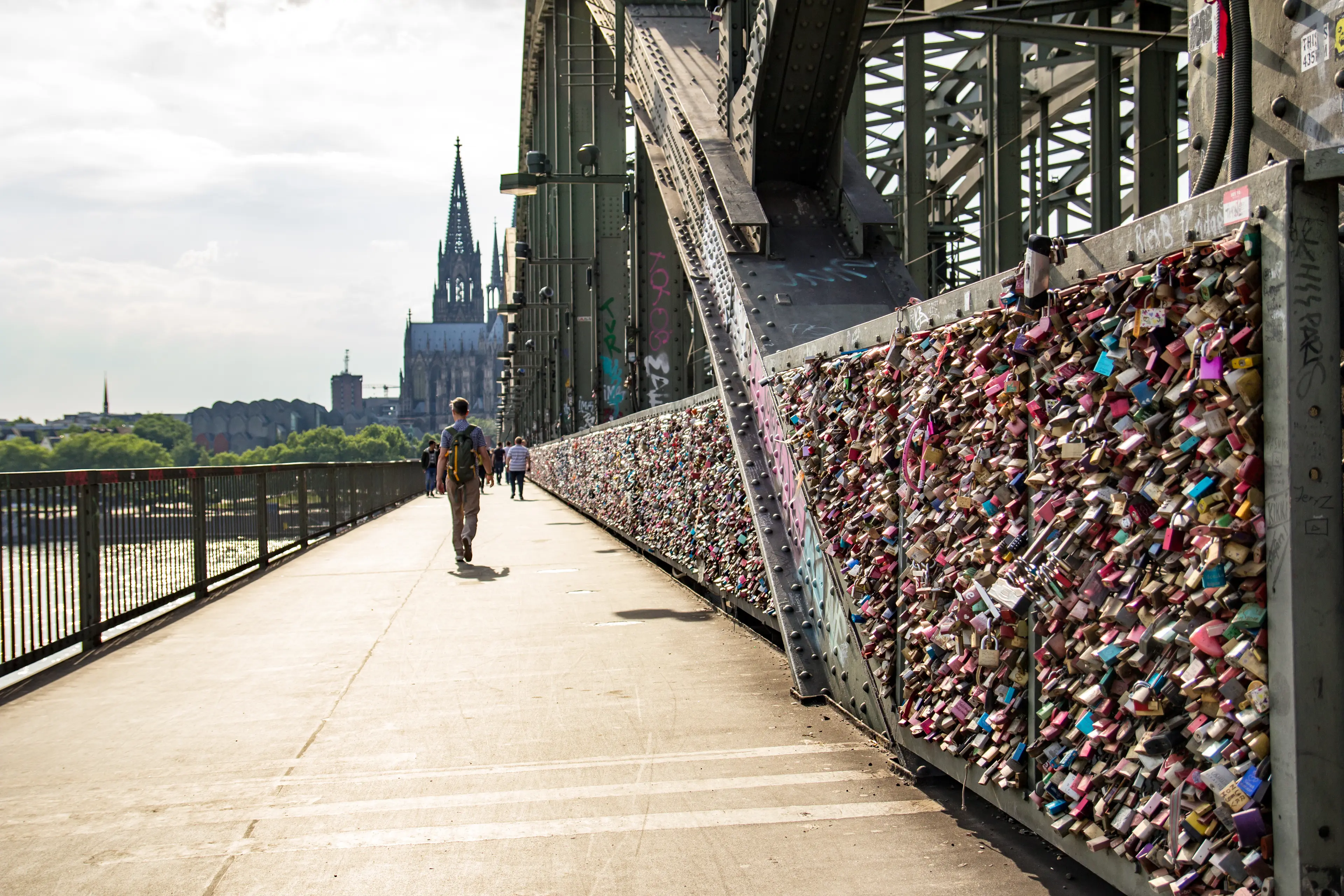
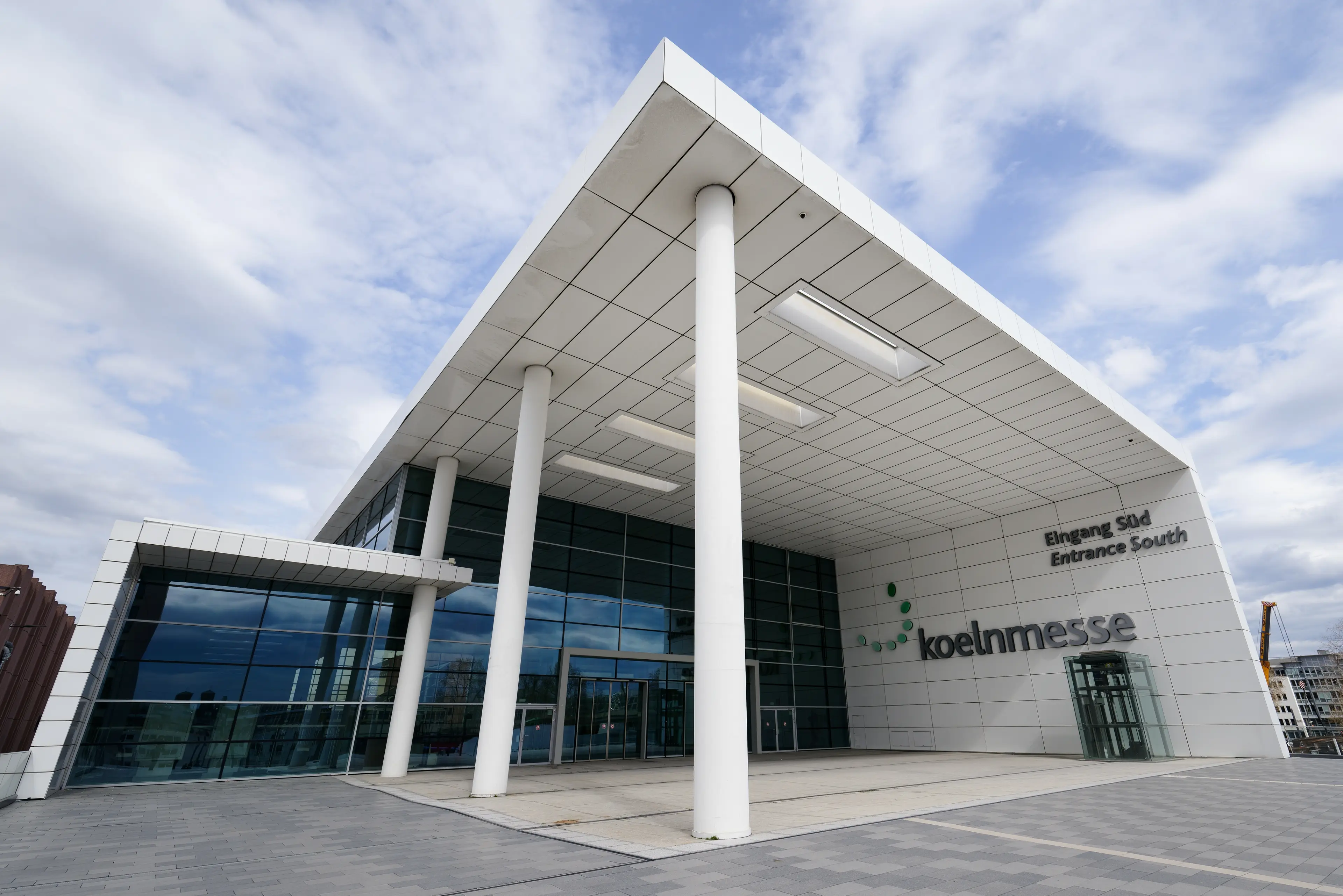

About Cologne, Germany
Experience the charm of Cologne, Germany, a city rich in history and culture. Marvel at the iconic Cologne Cathedral, a UNESCO World Heritage site, and explore the city's 12 Romanesque churches. Stroll through the Old Town, with its traditional buildings and bustling breweries. Visit the Ludwig Museum to admire contemporary art or the Chocolate Museum for a sweet treat. Take a scenic cruise along the Rhine River and enjoy the vibrant nightlife in the Belgian Quarter. Cologne also hosts the famous Carnival, a week-long street festival full of parades and costumes. With its blend of ancient architecture, modern art, and lively festivals, Cologne offers a unique travel experience.
4-Day Itinerary
Day 2
Visiting the Cologne Cathedral and Museum Ludwig
Morning
Start your day with a visit to the Cologne Cathedral. This UNESCO World Heritage site is a stunning example of Gothic architecture and offers breathtaking views of the city from its towers.
Lunch
Enjoy a hearty German lunch in a local restaurant near the cathedral. Try the Sauerbraten, a pot roast, usually of beef, marinated before being slow-cooked.
Afternoon
Spend the afternoon in the Museum Ludwig, which houses a collection of modern art. The museum's collection includes works by Picasso, Warhol, and Lichtenstein.
Dinner
Have dinner in a local restaurant in the city center. Try the local specialty, Halve Hahn, a rye roll with cheese, onions, and mustard.
Evening
End your day with a visit to a traditional beer hall. Enjoy the lively atmosphere and try a variety of local beers.
Day 3
Relaxing in the Botanical Gardens and Discovering Ehrenfeld
Morning
Start your day with a visit to the Botanical Gardens. Enjoy the peaceful atmosphere and the beautiful, exotic plants.
Lunch
Have lunch in a local restaurant near the Botanical Gardens. Try the local specialty, Mettbrötchen, a bread roll with raw minced pork and onions.
Afternoon
Spend the afternoon exploring the Ehrenfeld district, known for its street art and alternative culture. Visit the local shops and galleries.
Dinner
Have dinner in a local restaurant in Ehrenfeld. Try the local specialty, Reibekuchen, potato pancakes served with apple sauce.
Evening
End your day with a visit to a local music venue in Ehrenfeld. Enjoy a live performance by a local band.
Day 4
Indulging in the Chocolate Museum and Shopping in Südstadt
Morning
Start your day with a visit to the Chocolate Museum. Learn about the history of chocolate and enjoy some delicious samples.
Lunch
Have lunch in a local restaurant near the Chocolate Museum. Try the local specialty, Flönz, a type of blood sausage.
Afternoon
Spend the afternoon exploring the Südstadt district, known for its bohemian atmosphere and unique shops. This is the perfect place to find unique souvenirs and gifts.
Dinner
Have dinner in a local restaurant in Südstadt. Try the local specialty, Himmel un Äd, a delicious dish made of black pudding, onions, mashed potatoes, and apple sauce.
Evening
End your day with a leisurely walk along the Rhine River. The promenade is beautifully lit at night, offering a romantic and peaceful atmosphere.
Attractions in Itinerary (8)

1Old Town
Historic center of Cologne with many traditional buildings and landmarks.

2Belgian Quarter
A vibrant neighborhood known for its trendy boutiques, galleries, and cafes.

3Cologne Cathedral
A renowned monument of German Catholicism and Gothic architecture, it is a UNESCO World Heritage Site.

4Museum Ludwig
Museum Ludwig is a modern art museum that houses a collection of pop art, abstract and surrealist art, and has one of the largest Picasso collections in Europe.
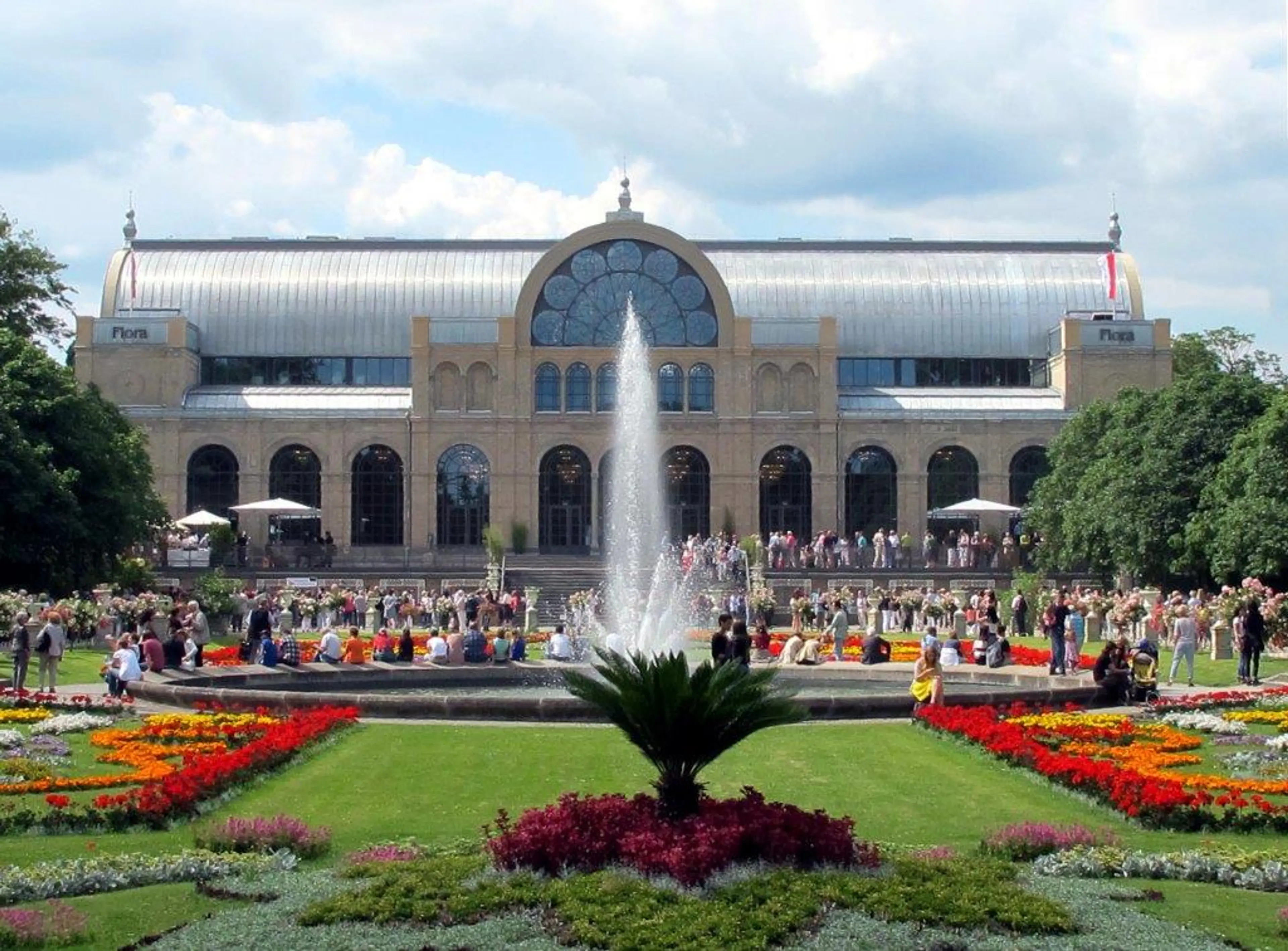
5Botanical Gardens
A large botanical garden with a variety of plant species.
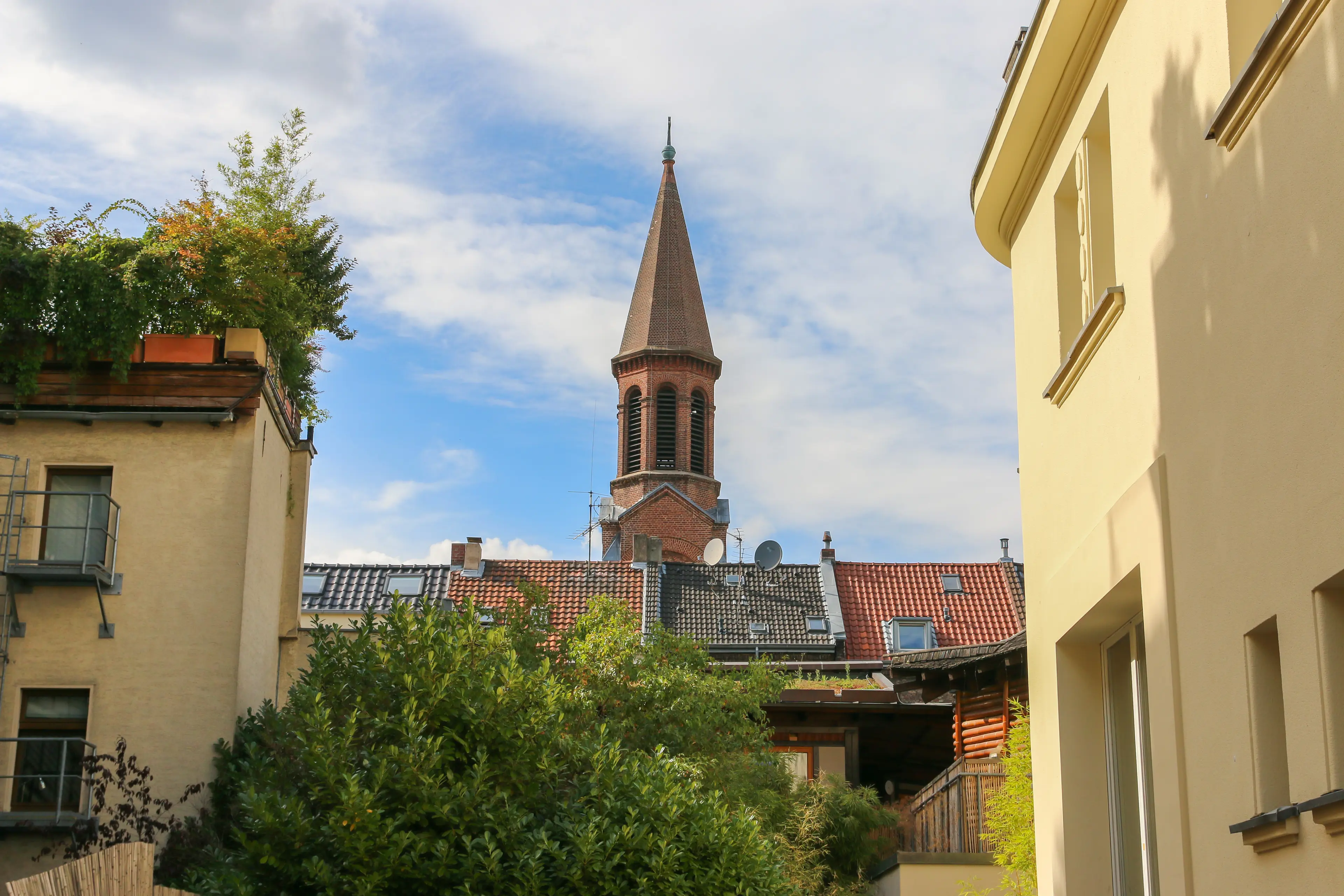
6Ehrenfeld
Ehrenfeld is a vibrant and diverse neighborhood in Cologne known for its street art, indie boutiques, and bustling food scene.
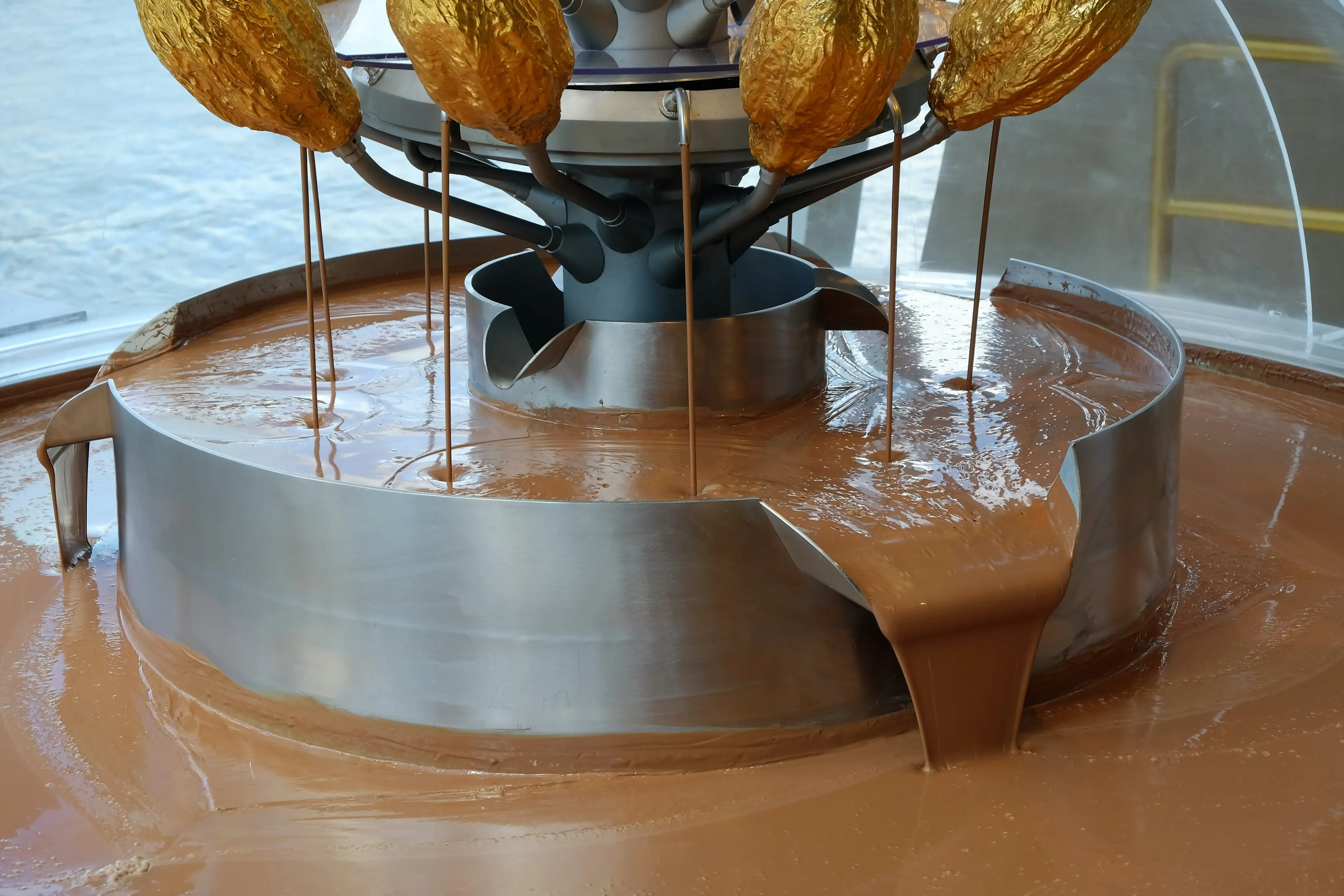
7Chocolate Museum
A museum dedicated to the history and production of chocolate.
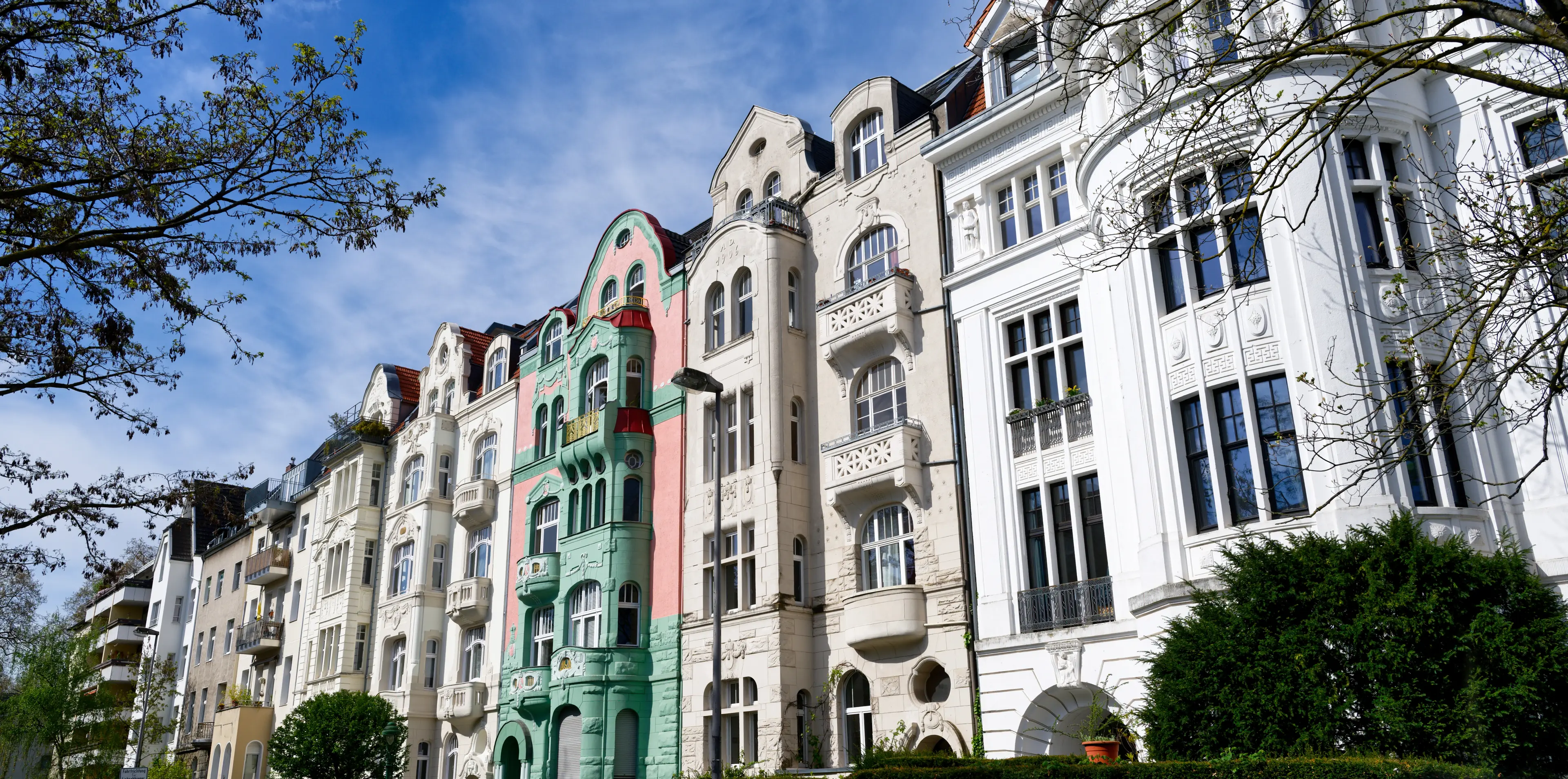
8Südstadt
Südstadt is a vibrant and diverse neighborhood in Cologne known for its lively arts scene, eclectic mix of shops, and variety of dining options.
Local Food and Drinks (12)

Himmel und Ääd
A traditional Cologne dish, Himmel und Ääd (Heaven and Earth) combines mashed potatoes (earth) and apple sauce (heaven) with blood sausage and onions. It's a hearty dish that reflects the city's rustic culinary heritage.

Kölsch
Kölsch is not just a beer, it's a part of Cologne's identity. Brewed only in Cologne, this top-fermented beer is served in small, thin glasses and has a bright, crisp taste.

Rheinischer Sauerbraten
A classic dish from the Rhineland, Rheinischer Sauerbraten is a pot roast, usually of beef, marinated before being slow-cooked. It's often served with red cabbage and a type of dumpling known as Kartoffelklöße.

Flönz
Flönz is a type of blood sausage that's a staple of Cologne's cuisine. It's typically served with onions and is a key ingredient in the local dish Himmel und Ääd.

Reibekuchen
Reibekuchen are Cologne's version of potato pancakes. They're often served with apple sauce and are a popular street food, especially during the city's Christmas markets.

Mettbrötchen
Mettbrötchen is a raw pork sandwich, a popular snack in Cologne. It's typically seasoned with salt and pepper, and topped with onions.

Halve Hahn
Despite its name, which translates to 'half a chicken', Halve Hahn is actually a rye roll with cheese, onions, and mustard. It's a classic Cologne snack often enjoyed with a glass of Kölsch.

Rievkooche
Rievkooche is another name for Reibekuchen, the potato pancakes that are a popular street food in Cologne. They're often served with apple sauce or black bread.

Leberwurst
Leberwurst is a type of liver sausage that's popular in Cologne. It's often spread on bread and served as a snack or light meal.

Kartoffelsalat
Kartoffelsalat is a traditional German potato salad. In Cologne, it's often made with vinegar, oil, and broth, and served as a side dish.

Apfelstrudel
Apfelstrudel is a type of apple strudel that's popular in Cologne. It's made with thin pastry, filled with apples, and often served with cream or ice cream.

Glühwein
Glühwein is a mulled wine that's especially popular in Cologne during the winter months. It's typically made with red wine, spices, and citrus fruits, and served hot.
Best time to visit
The best time to visit Cologne, Germany is between May and September when the weather is warm and pleasant. This period is perfect for outdoor activities and sightseeing. However, if you're interested in experiencing the city's famous Carnival, plan your visit in February. Keep in mind that December is also a popular time due to the enchanting Christmas markets, but it can be quite cold.
How to get around
Public Transportation
Cologne has an extensive public transportation network that includes trams, buses, and trains. The Kölner Verkehrs-Betriebe (KVB) operates most of the city's public transportation. You can use the same ticket for all forms of public transport in Cologne.
Ridesharing
Ridesharing services such as Uber and Lyft are available in Cologne. These services can be a convenient way to get around the city, especially if you're traveling in a group or have a lot of luggage.
Bicycle
Cologne is a bike-friendly city with many dedicated bike lanes and bike-sharing programs. You can rent a bike from one of the many rental shops in the city or use a bike-sharing app like Nextbike.
Car Rental
Renting a car can be a good option if you plan to explore the surrounding areas of Cologne. However, parking can be difficult and expensive in the city center. Also, Cologne has a low-emission zone, so make sure your rental car meets the necessary emission standards.
Taxi
Taxis are readily available in Cologne, either at taxi stands, hailed on the street, or booked via phone or app. They offer a convenient but more expensive way to get around the city.
Walk
Cologne's city center is compact and most of the major attractions are within walking distance of each other. Walking is a great way to explore the city at your own pace.
River Cruise
Cologne is located on the Rhine River, and river cruises are a popular way to see the city. You can take a short cruise around the city or a longer cruise to nearby towns and vineyards.
Train
Cologne's central train station, Köln Hauptbahnhof, is a major transportation hub. From here, you can take regional and long-distance trains to other parts of Germany and Europe.
Scooter
Electric scooters are available for rent in Cologne. Companies like Lime and Bird offer app-based rentals. They are a fun and quick way to get around, but remember to follow the city's rules for scooter use.
Important information
Currency€ EUR
Time zoneUTC+1
Driving sideRight
Emergency phoneAmbulance and Fire: 112; Police: 110
Drinking waterYes
Power sockets
Voltage230 V
Things to know about Cologne, Germany as a first time visitor
1
Cologne is located in the western part of Germany, in the state of North Rhine-Westphalia.
2
The city is known for its rich history, dating back to the Roman times.
3
Cologne is the fourth largest city in Germany, with a population of over 1 million people.
4
The official language is German, but English is widely spoken especially in tourist areas and hotels.
5
The currency used is the Euro (€). Credit cards are widely accepted, but it's always handy to have some cash.
6
Cologne has a temperate-oceanic climate. The average temperature in summer (June to August) ranges from 60°F to 75°F (15°C to 24°C), while in winter (December to February) it ranges from 30°F to 45°F (-1°C to 7°C).
7
Public transportation in Cologne is excellent. It includes trams, buses, and the S-Bahn (suburban train).
8
Cologne is known for its beer, called Kölsch. It's a light, clear beer with a bright, straw-yellow hue.
9
Tipping is customary in Cologne. It's typical to round up to the nearest Euro in casual establishments, or tip 10-15% in more upscale places.
10
Cologne is one hour ahead of Greenwich Mean Time (GMT +1). During daylight saving time (last Sunday in March to last Sunday in October), it's two hours ahead (GMT +2).
11
Cologne is a safe city, but like any major city, it's advisable to be aware of your surroundings, especially at night or in less crowded areas.
12
The city is very pedestrian-friendly, with many areas in the city center closed to cars.
13
Cologne has a vibrant nightlife, with numerous bars, clubs, and live music venues.
14
The city is also known for its love of Carnival, a festive season that starts on November 11th at 11:11 a.m. and ends on Ash Wednesday.
15
Cologne is a great city for shopping, with a range of options from high-end boutiques to quirky vintage shops.
16
The city has a wide range of accommodation options to suit different budgets, from luxury hotels to budget hostels.
17
Cologne has a diverse food scene, with many restaurants offering both local and international cuisine.
18
The city is also known for its art scene, with many galleries and museums.
19
Cologne has a strong LGBT community, with many events and venues catering to this demographic.
20
The city is also a hub for media and broadcasting, with many TV and radio stations based here.
Basic German to know as a first time visitor
English phrase | Native phrase | Pronunciation | When to use it |
|---|---|---|---|
Hello | Hallo | ha-lo | Greeting someone |
Goodbye | Auf Wiedersehen | owf vee-der-zayn | Saying goodbye |
Please | Bitte | bit-te | Making a request |
Thank you | Danke | dahn-ke | Showing gratitude |
Yes | Ja | ya | Agreeing or confirming |
No | Nein | nine | Disagreeing or denying |
Excuse me | Entschuldigung | ent-shool-dee-goong | Getting attention or apologizing |
I don't understand | Ich verstehe nicht | ish fer-shtay-uh nikht | When you don't understand something |
Do you speak English? | Sprechen Sie Englisch? | shprek-en zee eng-lish | Asking if someone speaks English |
I'm sorry | Es tut mir leid | es toot meer lite | Apologizing |
Where is...? | Wo ist...? | vo ist | Asking for directions |
Bathroom | Toilette | toi-let-te | Looking for a bathroom |
Help | Hilfe | hil-fe | In case of emergency |
Food | Essen | es-sen | Looking for a place to eat |
Water | Wasser | vas-ser | Asking for water |
Beer | Bier | beer | Ordering a beer |
Wine | Wein | vine | Ordering wine |
Check, please | Die Rechnung, bitte | dee reck-noong bit-te | Asking for the bill |
How much does it cost? | Wie viel kostet das? | vee feel kos-tet das | Asking the price of something |
Good night | Gute Nacht | goo-te nakht | Saying goodnight |
Packing List
Clothing
Underwear (4 pairs)
Socks (4 pairs)
T-shirts (4)
Pants/Jeans (2 pairs)
Sweater or Jacket (1)
Pajamas (1 set)
Comfortable walking shoes (1 pair)
Formal outfit for dining out (1 set)
Swimwear (if planning to swim)
Scarf, gloves, and hat (if winter)
Toiletries
Toothbrush and toothpaste
Deodorant
Razor and shaving cream
Shampoo and conditioner
Body wash or soap
Face wash and moisturizer
Sunscreen
Makeup and makeup remover
Hairbrush or comb
Prescription medications
First aid kit
Travel documents and essentials
Passport
Driver's license or ID card
Credit and debit cards
Cash and coins in local currency
Travel insurance documents
Hotel and transportation reservation confirmations
Guidebook or map
Phrasebook or language guide
Electronics and gadgets
Smartphone
Charger for smartphone
Universal power adapter
Headphones
Camera and charger
Laptop and charger (if necessary)
Portable power bank
Miscellaneous items
Travel pillow and blanket
Eye mask and earplugs
Snacks
Water bottle
Books or e-reader for entertainment
Travel-sized laundry detergent
Plastic bags for dirty clothes
Umbrella or raincoat
Travel lock for luggage
Weather Conditions
When planning a trip to Cologne, Germany, it's important to consider the city's temperate oceanic climate. The weather can be quite unpredictable, so it's always a good idea to check the forecast before you pack. The warmest months are typically July and August, with average high temperatures around 73°F (23°C). However, it can occasionally get up to 86°F (30°C), so be sure to pack lightweight clothing and sunscreen. Outdoor activities and sightseeing are ideal during this period, but remember to stay hydrated. In contrast, the coldest months are usually January and February, with average low temperatures around 32°F (0°C). It can sometimes drop to 23°F (-5°C), so warm clothing, including coats, hats, scarves, and gloves, are essential. Despite the cold, winter can be a magical time to visit, especially if you're lucky enough to experience Cologne's famous Christmas markets. Spring (March to May) and autumn (September to November) are generally mild, with average temperatures ranging from 45°F to 64°F (7°C to 18°C). These seasons can be quite rainy, so don't forget to pack a waterproof jacket or umbrella. These periods are perfect for those who prefer less crowded tourist spots and more comfortable temperatures. Regardless of when you visit, remember that Cologne's weather can change quickly, so it's always a good idea to pack layers and be prepared for both rain and shine. Enjoy your visit to this vibrant and historic city!
| Month | Hi / Lo (°C) | Weather Overview |
|---|---|---|
January | 6° / -1° | January is the coldest month in Cologne, with temperatures often dropping below freezing. Be sure to pack warm clothing. |
February | 7° / -1° | February is still quite cold, with temperatures slightly higher than January. Snowfall is possible, so pack accordingly. |
March | 11° / 2° | March sees the beginning of spring, with temperatures starting to rise. However, it can still be chilly, especially at night. |
April | 15° / 5° | April is a pleasant month to visit Cologne, with mild temperatures. However, there can be occasional rain showers. |
May | 19° / 9° | May is a great time to visit Cologne, with warm temperatures and plenty of sunshine. It's perfect for outdoor activities. |
June | 22° / 12° | June is the start of summer in Cologne, with long, sunny days. It's a great time for sightseeing and exploring the city. |
July | 24° / 14° | July is the hottest month in Cologne, with temperatures often reaching the mid-20s. It's perfect for enjoying the city's beer gardens and outdoor events. |
August | 24° / 14° | August is another hot month, similar to July. It's a great time to visit the Rhine River and enjoy outdoor activities. |
September | 21° / 11° | September sees the start of autumn, with temperatures starting to drop. However, it's still warm enough for sightseeing and outdoor activities. |
October | 17° / 7° | October is a pleasant month to visit Cologne, with mild temperatures. However, there can be occasional rain showers. |
November | 12° / 3° | November is a chilly month in Cologne, with temperatures dropping significantly. Be sure to pack warm clothing. |
December | 7° / 0° | December is a cold month in Cologne, with temperatures often dropping below freezing. It's a great time to visit the city's famous Christmas markets. |
Did you know?
Places near by Cologne, Germany

Düsseldorf
Known for its pioneering influence on electronic/experimental music and its Japanese community

Bonn
Famous as the birthplace of Beethoven, this city offers several cultural landmarks

Aachen
Historic city where Charlemagne was buried, known for its cathedral and annual Christmas market

Essen
A hub of Germany's steel production, Essen is home to the Zollverein Coal Mine Industrial Complex, a UNESCO World Heritage Site

Brussels
The capital of Belgium, known for its medieval old town and as the headquarters of the European Union

Frankfurt
A global hub for commerce, culture, education, tourism and transportation, it's the site of many global and European corporate headquarters

Amsterdam
Known for its artistic heritage, elaborate canal system and narrow houses with gabled facades

Luxembourg City
Famous for its ruins of medieval fortifications, it lies at the heart of Western Europe

Paris
The capital of France, known for its cafe culture and designer boutiques along the Rue du Faubourg Saint-Honoré

Copenhagen
Denmark's capital, sits on the coastal islands of Zealand and Amager, linked to Malmo in southern Sweden by the Öresund Bridge
